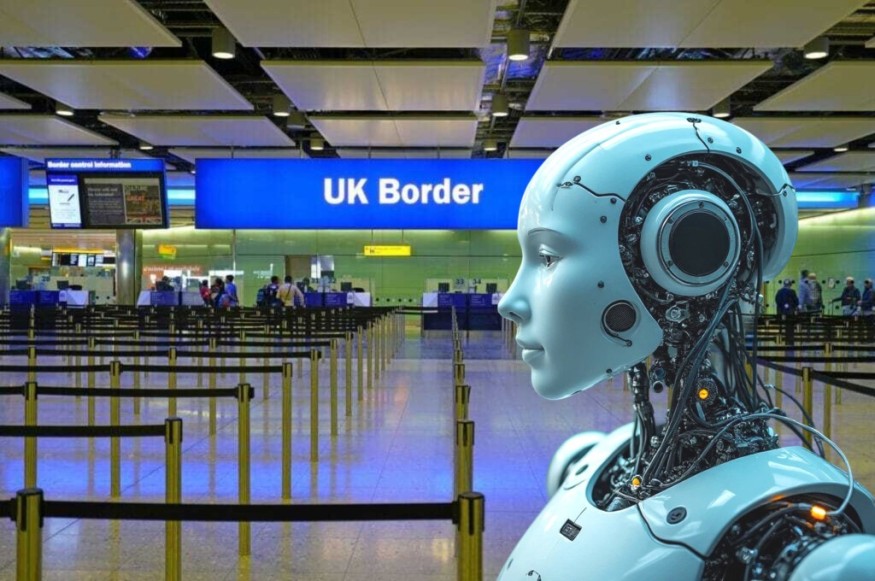
July 12, 2025
Jam Radio Newsdesk | Technology & Policy News
The Home Office has unveiled plans to radically transform border security by 2030, placing artificial intelligence at the heart of passport control. According to the newly published Home Office 2030 Digital Strategy, the department aims to create “frictionless UK border crossings with minimal human checking,” replacing traditional passport inspections with advanced AI-driven systems.
This shift marks one of eight strategic priorities outlined in the strategy, which positions Ai and automation as central to the future of public-facing services. The system promises Faster, more secure border experiences, with decisions made in seconds rather than minutes, the report suggests.
Already, the UK’s eGates process over 76 million border crossings annually, and the Home Office intends to build on that success by integrating facial recognition, biometric verification, and predictive analytics into its border infrastructure.
Phil Douglas, Director-General of Border Force, hinted at a future where travellers may not need physical passports at all. “We’ll know a lot more about people upfront,” he said, referencing plans to use AI to assess immigration compliance and security risks before passengers even board their flights.
Advertisement
But the move isn’t without controversy. Privacy advocates warn that increased reliance on biometric data and automated decision-making could erode civil liberties and deepen surveillance concerns. The Information Commissioner’s Office has stressed the need for transparency and robust safeguards to maintain public trust in AI-powered systems.
What’s Next for Border Staff?
The future of existing border staff remains uncertain. While the strategy emphasizes automation and minimal human involvement, it leaves open questions about how current roles will evolve. Will staff be retrained to oversee AI systems, or will job reductions become inevitable? The lack of clarity has sparked concerns among civil service unions, who are calling for guarantees on employment and retraining programs. For now, the fate of border staff hangs in the balance, awaiting further details from the Home Office.
This isn’t just a tech upgrade—it’s a redefinition of how the UK manages identity, movement, and trust. If executed responsibly, AI could streamline travel and enhance security. But if mishandled, it risks turning border control into a faceless algorithmic gatekeeper.







